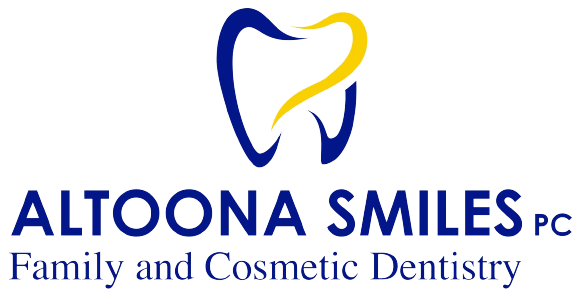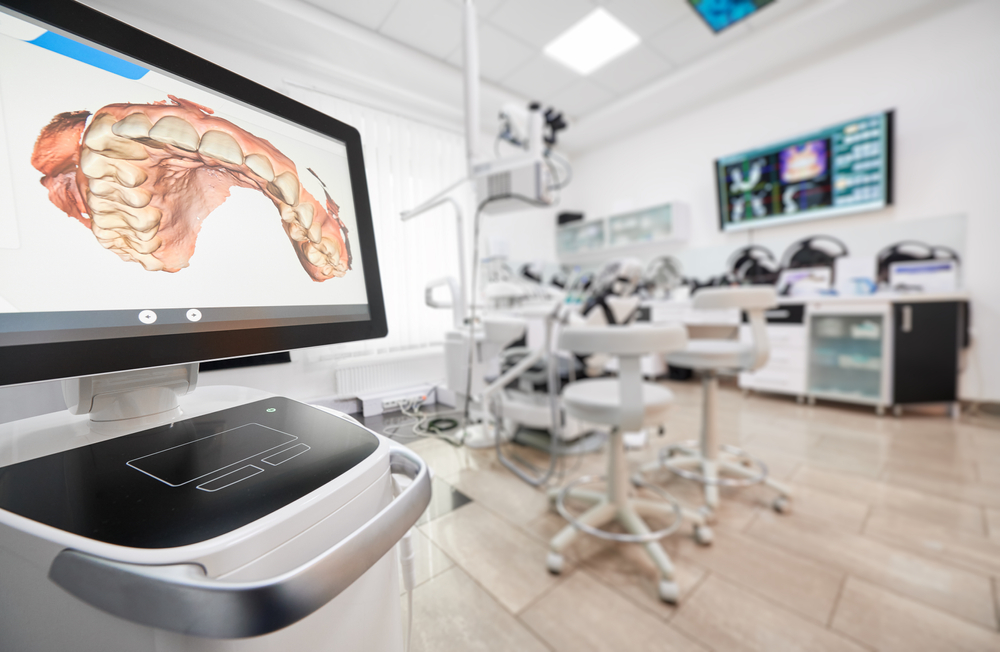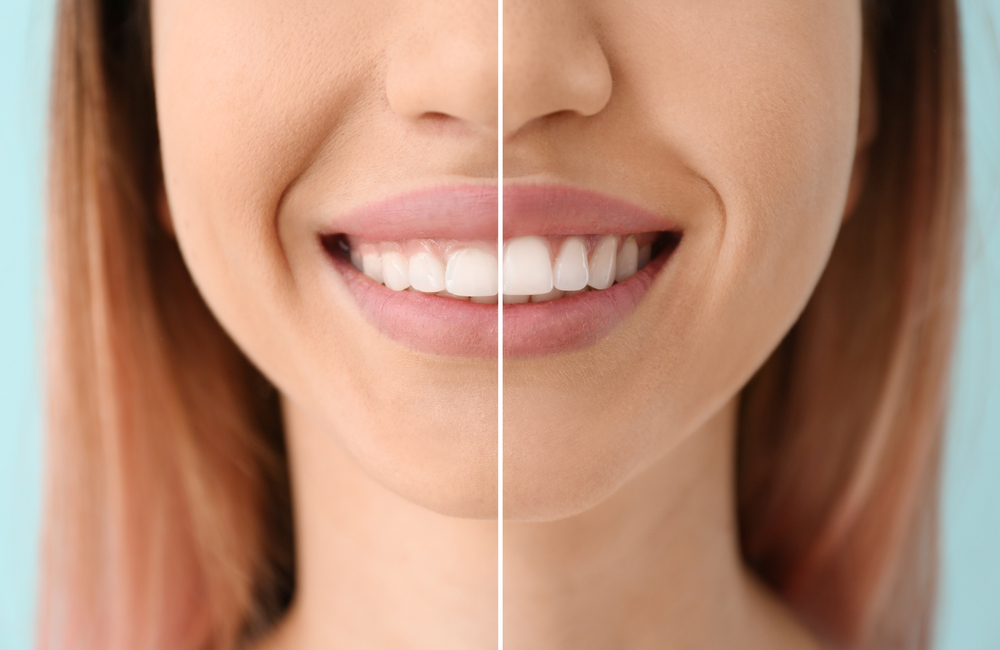As we journey through life, our bodies undergo numerous changes, and our dental health is no exception. For seniors, maintaining good oral hygiene is vital, not just for preserving a radiant smile, but also for ensuring overall health and well-being. With age comes an increased risk of dental issues such as tooth decay, gum disease, and tooth loss, which can significantly impact daily life and general health. This blog delves into the essential aspects of dental care for seniors, offering insights and practical tips to help navigate the unique challenges of oral health in the later years, ensuring that a healthy, confident smile remains a lifelong companion.
In This Blog:
- Oral Health Considerations for Seniors
- Oral Health Issues Commonly Seen in Seniors
- Importance of Regular Dental Care for Seniors
Oral Health Considerations for Seniors
Impact of Medications
Many seniors take medications to manage chronic health conditions, and these medications can have side effects that impact oral health. For instance, dry mouth, or xerostomia, is a common side effect of numerous medications, including those for high blood pressure, depression, and allergies. Reduced saliva production can lead to increased risk of tooth decay and gum disease, as saliva helps neutralize acids and wash away food particles. Seniors should discuss their medications with their dentist and seek advice on managing dry mouth, such as using saliva substitutes or drinking more water.
Systemic Health Conditions
Systemic health conditions, such as diabetes, heart disease, and arthritis, can have a direct impact on oral health. For example, diabetes can increase the risk of gum disease and slow down the healing process. Conversely, poor oral health can exacerbate systemic conditions; for instance, gum disease has been linked to an increased risk of heart disease and stroke. It’s crucial for seniors to manage their overall health and maintain good oral hygiene to reduce these risks. Regular dental visits and communication with both healthcare providers and dentists can help manage these interconnected health concerns.
Changes in Oral Anatomy
As we age, changes in oral anatomy can affect oral health and dental care. Gums may recede, exposing the roots of the teeth and increasing sensitivity to hot and cold temperatures. Bone density in the jaw may decrease, leading to loose teeth or ill-fitting dentures. Additionally, reduced dexterity due to conditions like arthritis can make daily oral hygiene practices more challenging. Seniors should work with their dentist to address these changes, using adaptive tools like electric toothbrushes or modified flossing devices to maintain effective oral care.
Importance of Nutrition
Proper nutrition is vital for maintaining oral health, particularly for seniors. A diet rich in essential nutrients, such as calcium, phosphorus, and vitamins C and D, supports healthy teeth and gums. Calcium and phosphorus strengthen tooth enamel, while vitamin C is crucial for healthy gums. Poor nutrition can lead to weakened enamel, increased tooth decay, and gum disease. Seniors should focus on a balanced diet that includes dairy products, leafy greens, lean proteins, and fresh fruits and vegetables to support their oral and overall health.
Psychological and Social Factors
Oral health significantly impacts psychological and social well-being, especially for seniors. Dental issues such as missing teeth, bad breath, or visible decay can affect self-esteem and confidence, leading to social withdrawal and reduced quality of life. Maintaining good oral health can improve mental health and encourage social interaction, contributing to a more fulfilling and active lifestyle. Dentists can provide solutions such as dentures, implants, or cosmetic treatments to help seniors restore their smile and boost their confidence.
Regular Dental Check-Ups
Regular dental check-ups are essential for seniors to monitor and maintain their oral health. These visits allow for early detection and treatment of issues such as cavities, gum disease, and oral cancer. Dentists can also provide professional cleanings to remove plaque and tartar that cannot be addressed through regular brushing and flossing. For seniors with dentures, regular check-ups ensure that the dentures fit well and function properly. Establishing a routine schedule for dental visits is a key aspect of preventive care and overall health maintenance for seniors.
By considering these factors, seniors can take proactive steps to maintain their oral health and enjoy a better quality of life. Effective management of medications, systemic conditions, nutrition, and regular dental care can help seniors preserve their oral health and overall well-being.
Oral Health Issues Commonly Seen in Seniors
Tooth Decay
Tooth decay is a significant concern for seniors, often exacerbated by factors such as dry mouth, changes in diet, and reduced manual dexterity affecting oral hygiene practices. As we age, the protective enamel on our teeth can wear down, making teeth more susceptible to cavities. Additionally, seniors may have old dental work that needs repair or replacement, increasing the risk of decay around fillings and crowns. Regular dental check-ups and diligent oral hygiene can help manage and prevent tooth decay in seniors.
Gum Disease
Gum disease, or periodontal disease, is prevalent among seniors and can range from mild gingivitis to severe periodontitis. This condition is caused by the buildup of plaque and tartar, leading to inflammation and infection of the gums. Symptoms include red, swollen, and bleeding gums, bad breath, and, in severe cases, tooth loss. Gum disease not only affects oral health but has been linked to systemic conditions such as heart disease and diabetes. Early detection and treatment, along with good oral hygiene, are crucial in managing gum disease.
Tooth Loss
Tooth loss is a common issue among seniors, resulting from advanced tooth decay, gum disease, or injury. Missing teeth can affect chewing, speech, and self-esteem, and can lead to further oral health problems if not addressed. The loss of teeth can also result in the shifting of remaining teeth, causing bite and alignment issues. Solutions such as dentures, bridges, and dental implants can restore function and appearance, improving the quality of life for seniors.
Dry Mouth (Xerostomia)
Dry mouth, or xerostomia, is a frequent issue for seniors, often caused by medications or medical conditions. Saliva is essential for neutralizing acids, protecting against tooth decay, and aiding in digestion. A lack of saliva can lead to difficulties in chewing, swallowing, and speaking, as well as an increased risk of tooth decay and gum disease. Managing dry mouth involves staying hydrated, using saliva substitutes, and avoiding foods and beverages that can exacerbate dryness, such as caffeine and alcohol.
Oral Cancer
Oral cancer is a serious health concern that becomes more common with age. Risk factors include tobacco use, excessive alcohol consumption, prolonged exposure to the sun for lip cancer, and a history of oral HPV infection. Symptoms of oral cancer can include sores that don’t heal, lumps, or difficulty in swallowing. Early detection through regular dental check-ups is vital for successful treatment. Dentists can perform screenings and biopsies if any suspicious areas are found, highlighting the importance of regular dental visits in the early detection and treatment of oral cancer.
Denture-Related Issues
Many seniors use dentures to replace missing teeth, but improper care and fitting can lead to several problems. Poorly fitting dentures can cause sores, irritation, and difficulties in eating and speaking. Over time, changes in the jawbone and gums can alter the fit of dentures, necessitating adjustments or replacements. Regular dental visits ensure that dentures fit well and function properly, preventing discomfort and further oral health issues. Proper denture care, including daily cleaning and overnight soaking, is also essential to maintain oral health.
By understanding and addressing these common oral health issues, seniors can take proactive steps to maintain their oral health and overall well-being. Regular dental visits, effective oral hygiene practices, and proper management of medical conditions can help seniors preserve their oral health and enjoy a better quality of life.
Importance of Regular Dental Care for Seniors
Early Detection of Issues
Regular dental visits are essential for the early detection of oral health issues in seniors. Dentists can identify problems such as cavities, gum disease, and oral cancer at an early stage when they are easier and less expensive to treat. Early intervention can prevent minor issues from becoming severe, reducing the need for complex procedures and enhancing overall oral health. Seniors who maintain consistent dental appointments are more likely to catch and address dental problems before they lead to significant discomfort or health complications.
Professional Cleanings
Professional cleanings are crucial for maintaining oral hygiene, especially for seniors who may have difficulty brushing and flossing effectively. Over time, plaque can harden into tartar, which cannot be removed by regular brushing alone. Dental hygienists use specialized tools to remove plaque and tartar, reducing the risk of tooth decay and gum disease. Regular cleanings help prevent bad breath, maintain healthy gums, and support overall oral health, contributing to a better quality of life for seniors.
Monitoring Oral Health
Regular dental visits allow for continuous monitoring of oral health, which is particularly important for seniors who may have chronic health conditions or take medications that affect their oral health. Dentists can track changes in the mouth, adjust treatment plans, and provide advice on managing any new or ongoing issues. This proactive approach helps prevent complications and ensures that seniors receive comprehensive care tailored to their evolving needs. Monitoring oral health also includes checking the fit and condition of dentures and other dental appliances, ensuring comfort and functionality.
Managing Systemic Health Conditions
Oral health is closely linked to overall health, and regular dental care plays a critical role in managing systemic health conditions. Poor oral health can exacerbate conditions such as diabetes, heart disease, and respiratory infections. Conversely, systemic conditions can have a direct impact on oral health, making regular dental visits essential for comprehensive health management. Dentists can work with other healthcare providers to ensure that seniors receive coordinated care that addresses both oral and systemic health concerns.
Psychological and Social Benefits
Maintaining good oral health has significant psychological and social benefits for seniors. Dental issues such as missing teeth, bad breath, and visible decay can affect self-esteem and confidence, leading to social withdrawal and reduced quality of life. Regular dental care helps seniors maintain a healthy, attractive smile, boosting their confidence and encouraging social interaction. This positive impact on mental health and social well-being contributes to a more fulfilling and active lifestyle.
Preventive Care and Education
Regular dental visits provide an opportunity for preventive care and education. Dentists can offer valuable advice on effective oral hygiene practices, dietary choices, and the management of conditions like dry mouth. They can also recommend adaptive tools and techniques to make daily oral care easier for seniors. Preventive care, including fluoride treatments and sealants, can protect teeth from decay and strengthen enamel, reducing the likelihood of future dental problems. Education and preventive measures empower seniors to take control of their oral health and make informed decisions about their care.
By prioritizing regular dental care, seniors can effectively manage their oral health, detect problems early, and receive professional care that complements their daily hygiene efforts. These visits are a vital component of maintaining overall health and quality of life in later years.
Conclusion
Maintaining good dental health is a vital aspect of overall well-being for seniors, ensuring not just a radiant smile but also a higher quality of life. By addressing common dental issues, prioritizing regular dental visits, and adopting effective daily hygiene practices, seniors can significantly enhance their oral health. Proper nutrition and hydration, along with appropriate dental treatments and restorations, further support a healthy mouth. Encouraging seniors to prioritize their oral health can lead to better physical health, boosted self-esteem, and an improved ability to enjoy social interactions and everyday activities. By taking proactive steps and seeking professional dental care, seniors can continue to enjoy the benefits of a healthy, confident smile well into their golden years.







